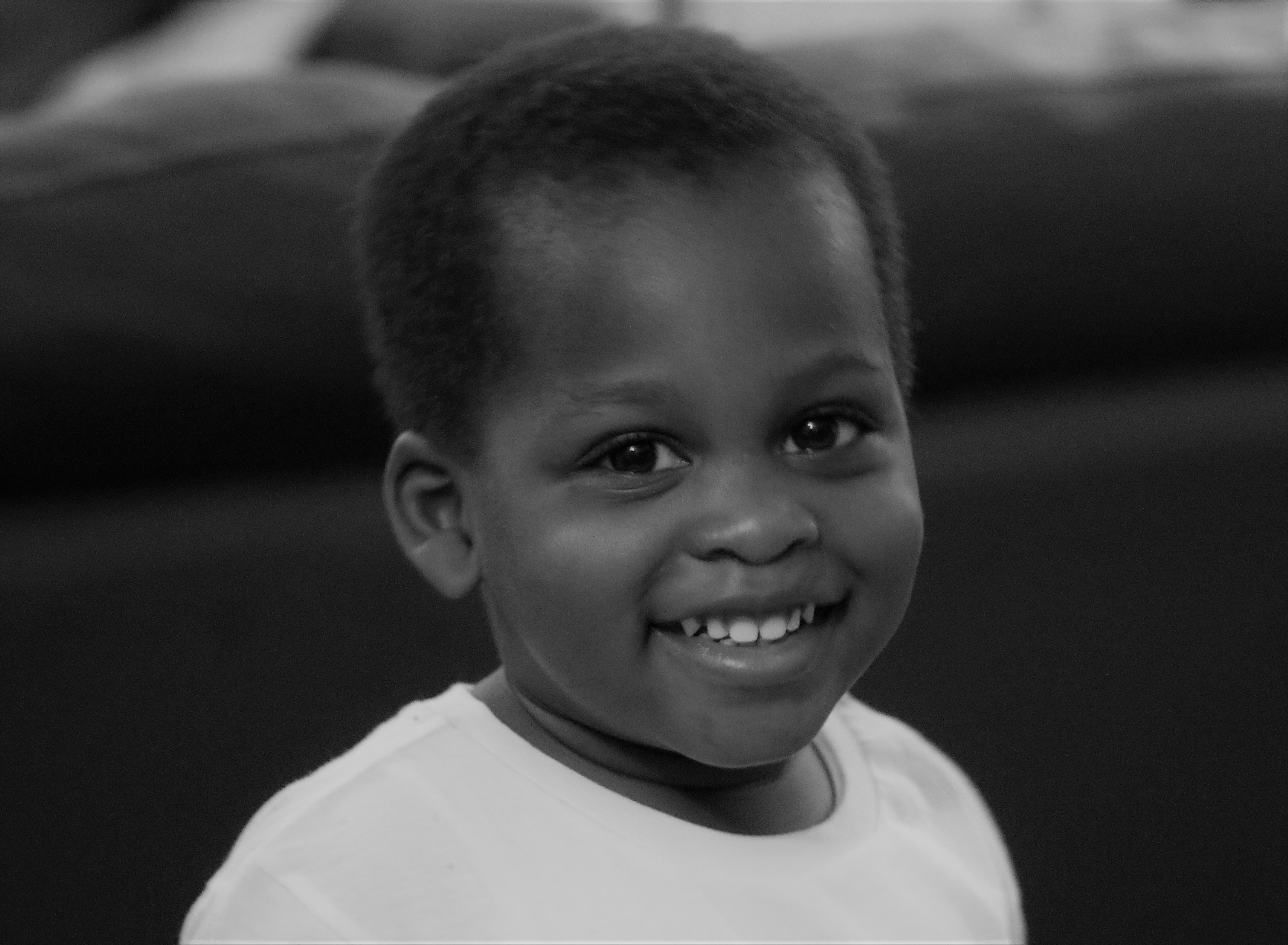App that helps women identify and quit abusive relationships to launch in Kenya

A smartphone app to help women identify if they are in an abusive relationship and safely leave will be launched in some African countries next year, its developer said.
Myplan, an app developed by researchers at Baltimore-based Johns Hopkins University School of Nursing, has about 10,000 users in the United States. There are also versions in Canada, Australia and New Zealand, but it is not available in Africa.
Nancy Glass, a professor heading the myPlan project, said positive feedback since launching in 2016 coupled with the information gap on partner violence in Africa, made it obvious to expand, first into Kenya, and then Ghana and Somalia.
How the app works
The app asks women a series of questions about their situation. Then with input from professionals via a live chat function, shows a woman how to consider possible choices for action, developing a tailored safety plan and linking her to local resources.
“The feedback from users is mostly of how it is helpful in understanding their relationship is not healthy and the need to reach out to services in their community. We have even had some women tell us that using the app has saved their lives.”
Glass said myPlan is “a safety decision tool” to help women to learn about healthy relationships, recognize any ‘red flags’ in their own relationship and assess the risk of repeat and severe violence.
“For example, has the abuse increased in frequency over the past year, has your partner threatened to kill you,” she said.
Based on these inputs, the app provides a personalized safety plan, connecting women to local helplines, shelters and counselors without being “judged or stigmatised”, Glass said.
About 30 percent of women globally experience physical or sexual violence from their partner, says the World Health Organization (WHO).
Intimate Partner Violence is when a partner or ex-partner causes physical, sexual or psychological harm, such as beating, rape, insults or controlling behavior, says the WHO.
Abuse can go on for years with victims too afraid to speak out. Death is a possibility, as 38 percent of murders of women globally are committed by a male partner, it adds.
Her team is working with charities, survivors and college students to better understand the local context.
In Kenya, where almost 40 percent of women have been beaten or sexually assaulted by their partners, according to UN Women, the extended family can be essential in ending abuse, by mediating or providing shelter, she said.
The Kenyan version, which will be translated into Kiswahili, is expected to be launched in 2019.
Credit: africanews.com










